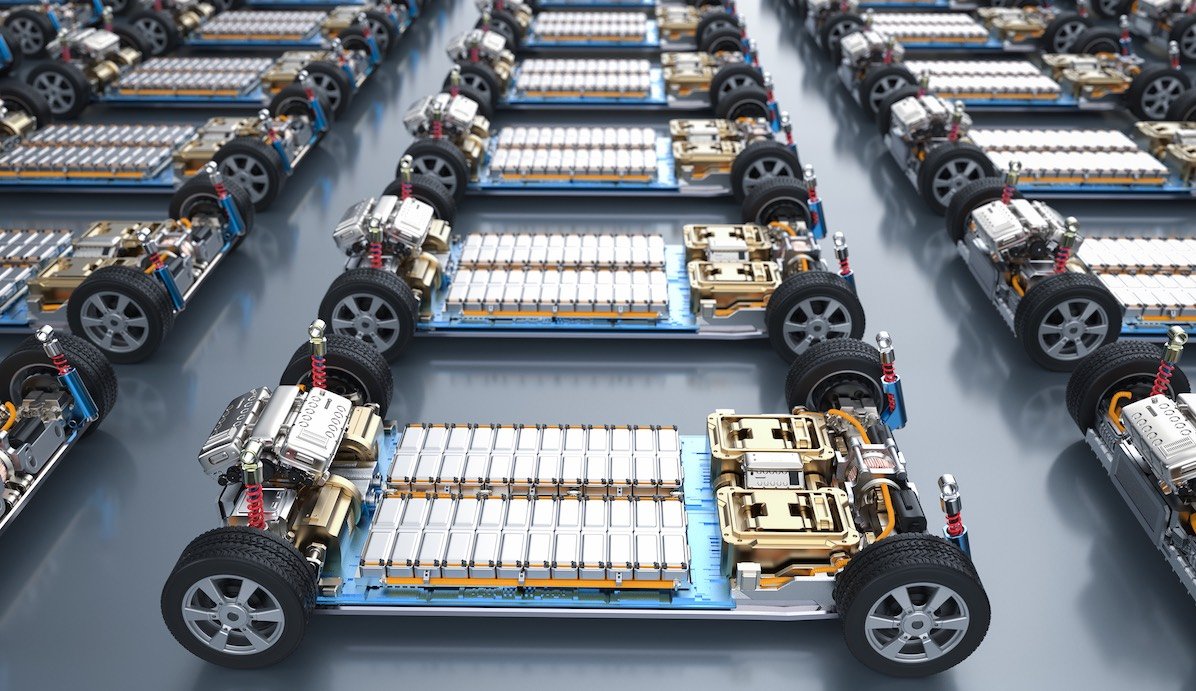
The evolution of electric vehicle (EV) batteries is pivotal in the advancement and widespread adoption of EVs. Over the years, significant strides have been made in battery technology, leading to better performance, longer ranges, and faster charging times. This article explores the current state of EV batteries and what the future holds.
Lithium-Ion Batteries: The Current Standard
Lithium-ion (Li-ion) batteries are currently the most common type used in EVs. They offer a good balance of energy density, weight, and cost. However, challenges such as long charging times and limited lifespan remain. Recent improvements in Li-ion technology have focused on enhancing energy density and reducing degradation.
Solid-State Batteries: The Next Big Thing
Solid-state batteries are considered the next major advancement in EV battery technology. Unlike traditional Li-ion batteries, solid-state batteries use a solid electrolyte, which increases energy density and safety. Companies like Toyota and Quantum Scape are leading the charge in developing commercially viable solid-state batteries, promising faster charging times and longer life cycles.
Advancements in Battery Chemistry
Research into new battery chemistries is ongoing, with promising alternatives like lithium-sulfur and lithium-air batteries. These chemistries offer higher energy densities and lower costs. For example, lithium-sulfur batteries have the potential to provide five times the energy density of current Li-ion batteries.
Second-Life Applications
As EV batteries reach the end of their life in vehicles, they can be repurposed for other applications, such as energy storage systems. This second-life use extends the battery’s life cycle and maximizes its value, contributing to a circular economy and reducing environmental impact.
Fast-Charging Innovations
Fast-charging technology is crucial for the convenience and practicality of EVs. Companies are developing ultra-fast chargers capable of recharging an EV battery to 80% in just 15 minutes. Improvements in battery management systems and cooling technologies are also enhancing fast-charging capabilities.
Wireless Charging
Wireless charging technology is another area of innovation. With this technology, EVs can be charged simply by parking over a charging pad, eliminating the need for cables. This convenience could accelerate the adoption of EVs, particularly in urban areas.
Sustainable and Ethical Sourcing
The sustainability and ethical sourcing of battery materials are becoming increasingly important. Efforts are being made to source materials like cobalt and lithium more responsibly and to develop recycling processes that recover valuable materials from used batteries.
Conclusion
The evolution of EV batteries is driving the electric vehicle revolution forward. From the current standard of lithium-ion batteries to the promising future of solid-state and other advanced chemistries, the advancements in battery technology are making EVs more efficient, practical, and sustainable. Stay updated with TelioEV for the latest developments in EV battery technology and its impact on the industry.


